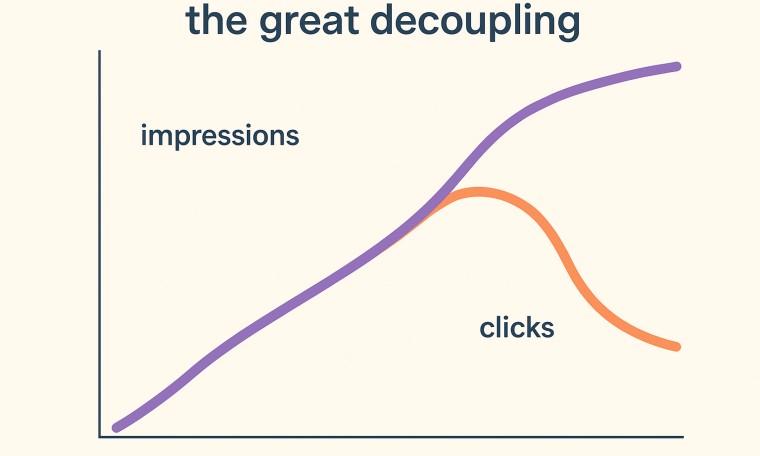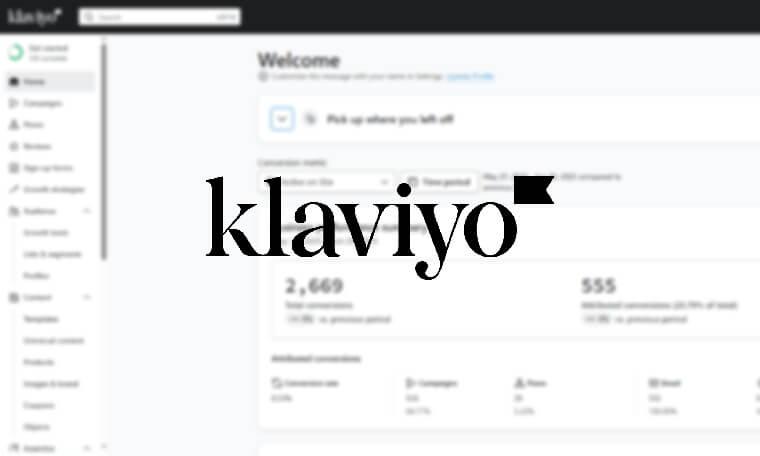Bing Ranking Guidelines Revealed
Wednesday, 17th June 2020

Bing has updated their Webmaster Guidelines for 2020, and they are worth a read.
The most important section to us is the 'How Bing Ranks Your Content' section, which I've quoted in its entirety below. If you're interested in your website performing well in Google and in Bing, it's worth considering these factors when creating your website.
Relevance
Relevance refers to how closely the content on the landing page matches the intent behind the search query. This includes matching terms directly on the page as well as terms used in links referring to the page. Bing also considers semantic equivalents, including synonyms or abbreviations, which may not be exact matches of the query terms but are understood to have the same meaning.
Quality and Credibility
Determining the quality and credibility of a website includes an evaluation of the page itself, including such factors as the author’s or site’s reputation, the level of discourse (for example, an article with citations and references to data sources is considered higher quality than one that does not explain cite data sources; Bing may demote content that includes name-calling, offensive statements, or uses derogatory language to make a point), the completeness of the content, and transparency of authorship
User engagement
Bing also considers how users interact with search results. To determine user engagement, Bing asks questions like: Did users click through to search results for a given query, and if so, which results? Did users spend time on these search results they clicked through to or did they quickly return to Bing? Did the user adjust or reformulate their query? The Bing Webmaster Dashboard will provide insights into how users interact with your webpages.
Freshness
Generally Bing prefers content that is more “fresh” – meaning that the page consistently provides up-to-date information. In many cases, content produced today will still be relevant years from now. In some cases, however, content produced today will go out of date quickly.
Location
In ranking results Bing considers where the user is located (country and city), where the page is hosted, the language of the document, or the location of other visitors to the page.
Page load time
Slow page load times can lead a visitor to leave your website, potentially before the content has even loaded, to seek information elsewhere. Bing may view this as a poor user experience and an unsatisfactory search result. Faster page loads are always better, but webmasters should balance absolute page load speed with a positive, useful user experience.
These aren't too dissimilar to the Google guidelines, except that Google hasn't admitted that User Engagement is a ranking factor. You can read the full Bing webmaster guidelines here.
If you want to talk to us about designing a high ranking website, please get in touch.




